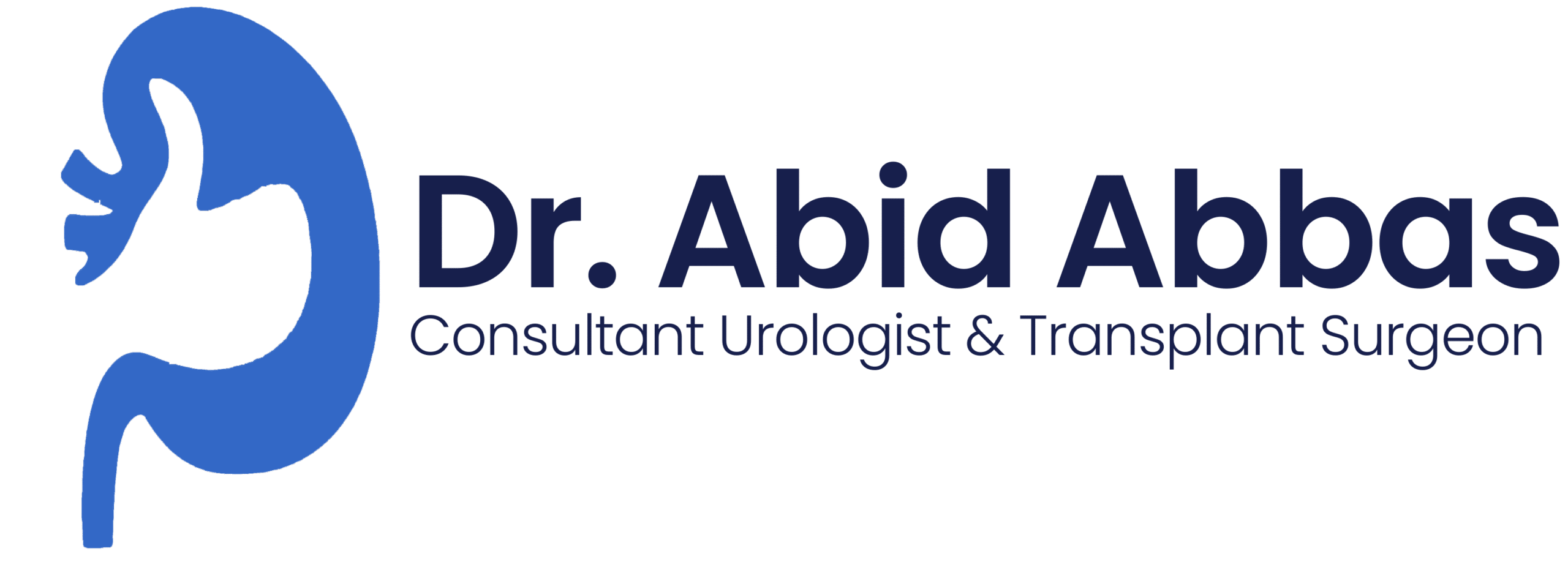A Surgical Option for Prostate Cancer Management
When it comes to managing advanced prostate cancer, one surgical treatment that may be recommended is bilateral subcapsular orchidectomy. While the name may sound complex, this procedure is a safe, effective, and hormone-sparing option to reduce testosterone levels—slowing the progression of prostate cancer.
A bilateral subcapsular orchidectomy (BSCO) is a surgical procedure where the testicular tissue (the part that produces testosterone) is removed from both testicles, while the outer capsules (tunica albuginea and scrotal appearance) are left intact.
The result? A significant drop in testosterone production—a key driver of prostate cancer growth—without the more visible physical effects of a full orchidectomy (removal of the entire testicles).
Why Is a Bilateral Subcapsular Orchiectomy Performed?
The main reasons for this surgery include:
- Advanced Prostate Cancer Treatment
- Alternative to Medical Castration
- Cosmetic Preservation
- Reducing testosterone levels:
Frequently asked questions
Immediate Post-Op Care
Hospital Stay: Usually outpatient (go home the same day).
Pain Management: Mild discomfort, managed with prescribed painkillers or ice packs.
Swelling & Bruising: Normal for a few days; wearing supportive underwear helps.
Activity Restrictions
Avoid strenuous activity for 1–2 weeks.
No heavy lifting or sexual activity for 2–4 weeks.
Showering: Usually allowed after 24–48 hours.
Follow-Up
Testosterone levels checked to confirm effectiveness.
Monitoring for prostate cancer progression.
While generally safe, possible side effects include:
⚠ Infection or bleeding (rare)
⚠ Scrotal hematoma (blood pooling)
⚠ Testosterone not fully suppressed (rare, may need additional therapy)
⚠ Psychological impact (mood changes, loss of libido)
Hormonal Changes
Reduced testosterone leads to:
Decreased sex drive (libido).
Possible hot flashes (similar to menopause).
Fatigue or mood swings.
Fertility & Sexual Function
Sterility: Sperm production stops permanently.
Erectile function: Many men develop ED, but medications (like PDE5 inhibitors) may help.
Managing Side Effects
Testosterone Replacement Therapy (TRT) is NOT used (since the goal is to suppress testosterone).
Bone health: Low testosterone increases osteoporosis risk; calcium/vitamin D supplements may be recommended.
